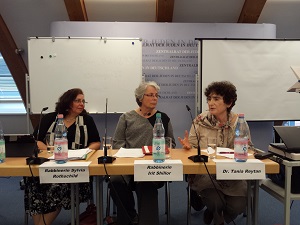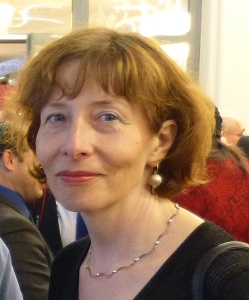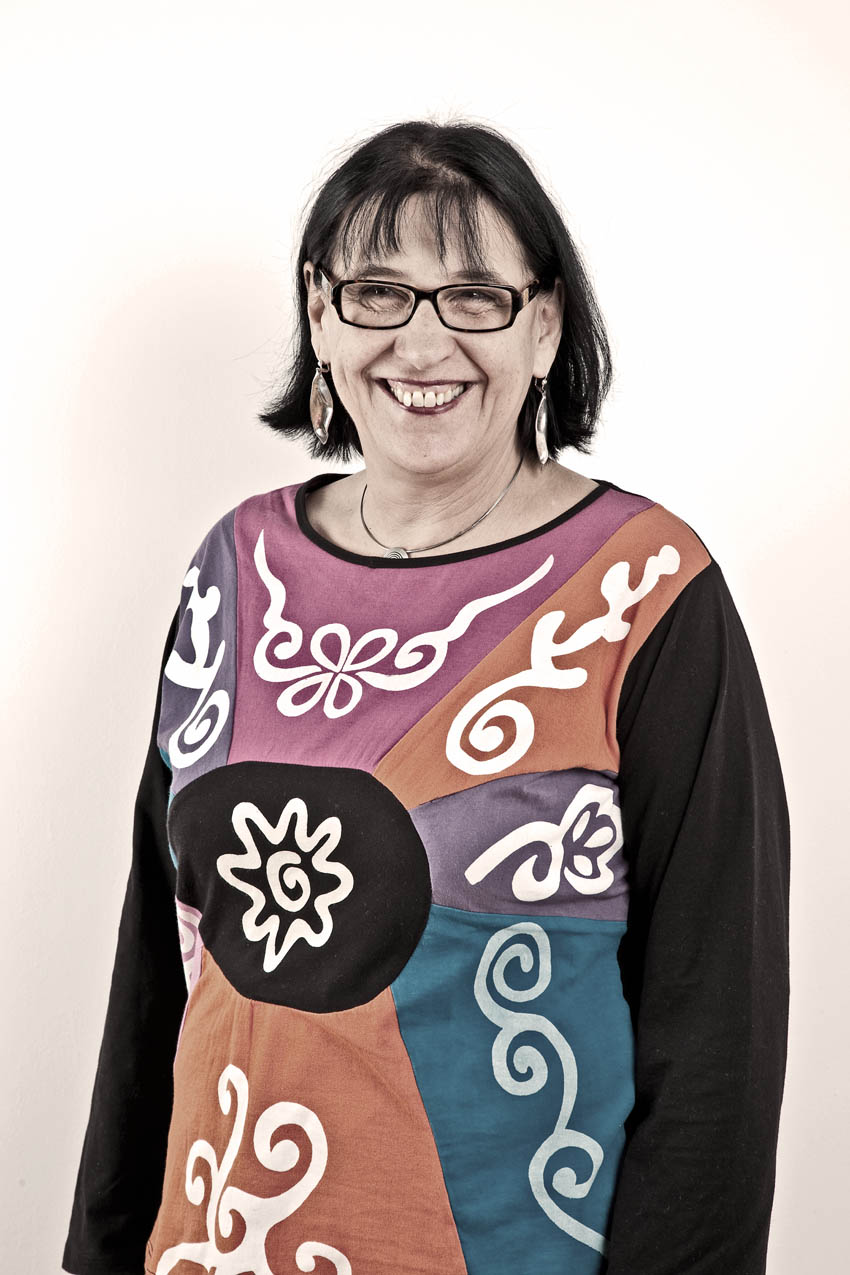was born in Vienna, where she attended primary school and secondary school. Afterwards she studied German, English and comparative literature in the USA and in Israel. She earned her PhD at Hebrew University in Jerusalem with a dissertation on Martin Buber. After returning to Austria, she worked for the most part in research. Today, she is a researcher at the Institute of Culture Studies and Theatre History, a part of the Austrian Academy of Sciences, and teaches and conducts research at the Centre of Jewish studies at the University of Graz. Her main areas of interest are Jewish social and intellectual history of the 19th and 20th centuries, as well as Holocaust studies.
Eleonore Lappin-Eppel is a founding member of the liberal Jewish congregation Or Chadasch in Vienna and a member of the board of the Platform for Interfaith Encounters and the Coordinating Committee for Christian-Jewish Cooperation.

Panel discussion on the occassion of the 15th anniversary of Bet Debora in Berlin (June 2014): Rabbi Sylvia Rothschild, Rabbi Irit Shillor, Dr. Tania Reytan (from left)
Tania Reytan-Marincheshka
is a university professor, performs scholarly research and publishes. Her background is in History of International Relations, International Law, Social Anthropology and Human Rights. She is part of the Bet Debora movement since 2003 and organized the 2009 Bet Debora conference in Sofia, Bulgaria.
Rabbi Sylvia Rothschild
grew up in The Bradford Synagogue, the third oldest Reform Synagogue in England, where her family were actively involved. After completing a psychology degree at Manchester University she worked as a psychiatric social worker before entering the Leo Baeck College and gaining semicha in 1987 – a few months after the birth of her daughter. She was the minister of the Bromley Reform Synagogue from 1987 – 2002 and left there to join the Wimbledon Synagogue and to pioneer the model of job sharing in the rabbinate with Rabbi Sybil Sheridan. http://rabbisylviarothschild.wordpress.com/
Rabbi Irit Shillor
Born in Jerusalem, I grew up and went to school there, and later studied Maths and Physics at the Hebrew University. After completing my Teaching Diploma I moved with my family to Britain, where I taught Maths for many years. When the Maths department at the College where I was working shut down I was made redundant, and that enabled me to fulfil my dream of many years, of studying for the Rabbinate. I have been serving as the Rabbi of the Harlow Jewish Community in the UK for the last 9 years and of the Juedische Gemeinde Hameln in Germany for the last 12. I am involved in Interfaith work, and am also very interested in women’s issues, which brought me to Bet Debora. I attended conferences and then joined as a member of the organising team for the 2015 conference to be held in the UK.
Lara Dämmig
studied library science and management of cultural and non-profit organizations, and works for a Jewish organization in Berlin. She has done extensive research on Jewish history in Berlin’s Pankow district for several book projects and exhibitions at the Pankow  Museum. In the 1990ies she was instrumental in organising a Rosh Chodesh group and an egalitarian minyan in Berlin. In 1998, together with Elisa Klapheck and Rachel Monika Herweg, she launched Bet Debora, the Jewish women’s initiative, and organized the first three conferences for European female rabbis, cantors, Jewish activists, and scholars, held in Berlin between 1999 and 2003. She is co-chair of the Bet Debora association and one of the editors of the interreligious magazine INTA – Interreligiöses Forum.
Museum. In the 1990ies she was instrumental in organising a Rosh Chodesh group and an egalitarian minyan in Berlin. In 1998, together with Elisa Klapheck and Rachel Monika Herweg, she launched Bet Debora, the Jewish women’s initiative, and organized the first three conferences for European female rabbis, cantors, Jewish activists, and scholars, held in Berlin between 1999 and 2003. She is co-chair of the Bet Debora association and one of the editors of the interreligious magazine INTA – Interreligiöses Forum.

